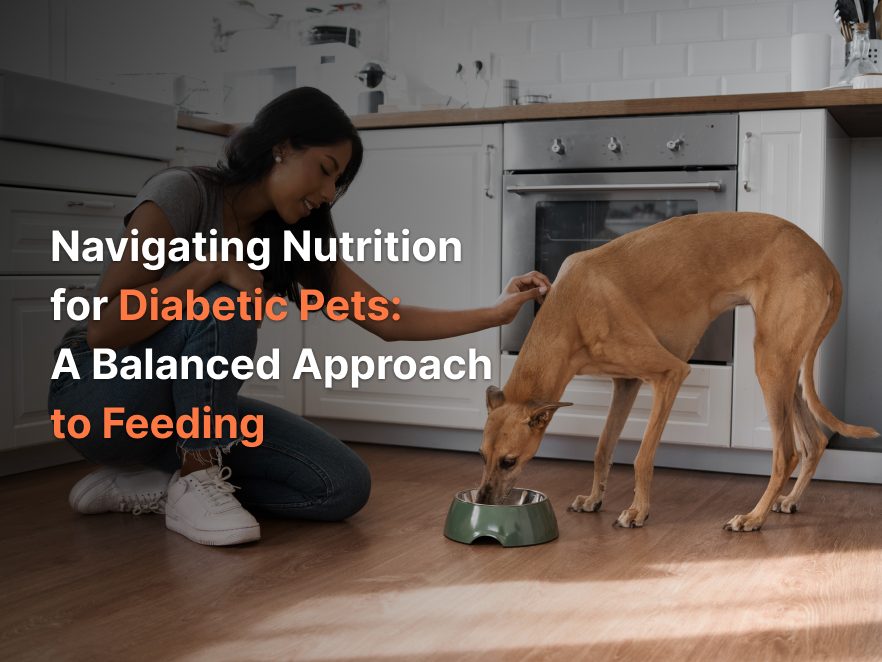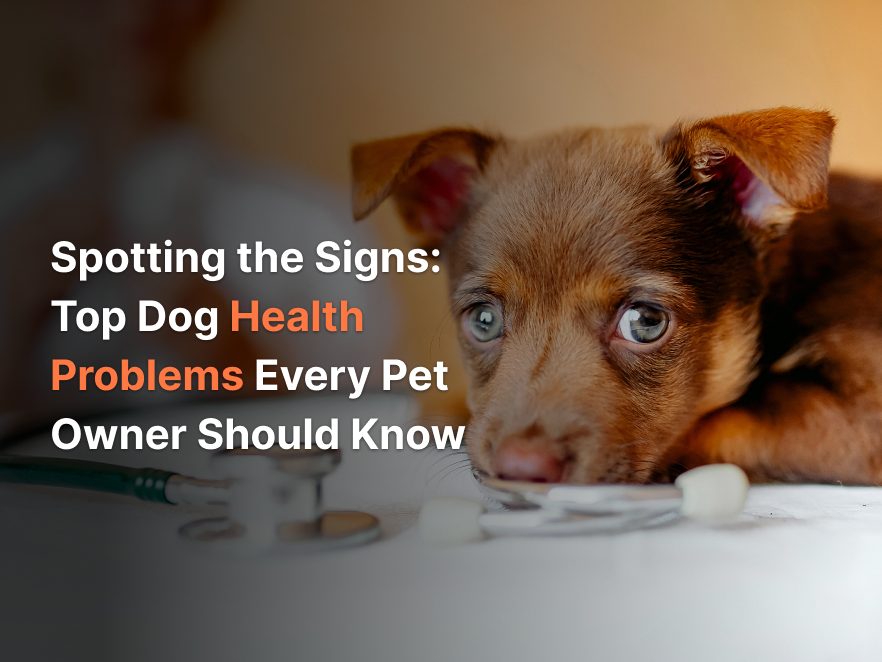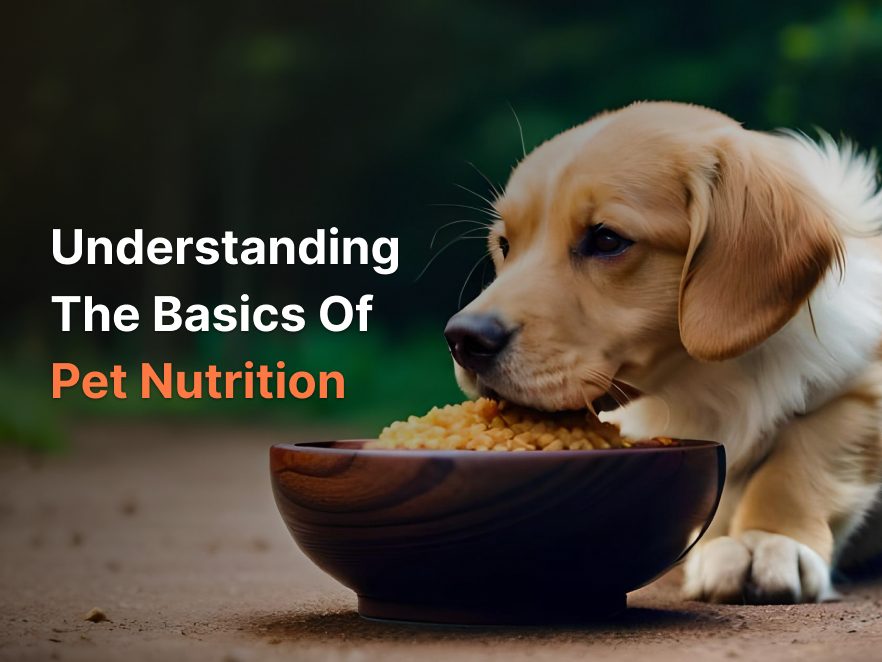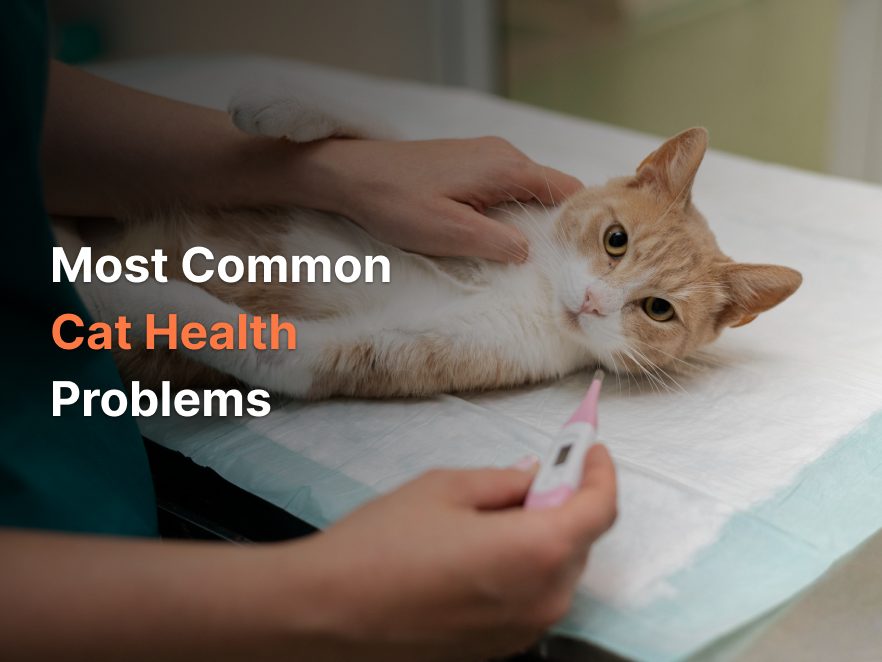- Health
- July 4, 2022

Have you thought about what the most well-known infections are that influence canines? Indeed, in all honesty, there are various illnesses that canines are vulnerable to that are genuinely average and can be handily treated. A large portion of these diseases are not severe, be that as it may, assuming they go undetected and hence untreated, some can represent a severe medical problem to your canine.
As a canine parent, it is vital to see the signs and side effects of specific diseases and look for veterinary assistance for your canine companion as quickly as time permits. Peruse for data about sicknesses and other clinical curses that habitually influence canines.
1. EAR CONTAMINATION
If your canine experiences repeating ear diseases, sensitivities are the reason and the most probable allergens are wheat, soy and corn in their meals. Nonetheless, canines with enormous, pendulous ears will often be more prone to ear diseases. If you notice the canine shaking its head, pawing or scratching at its ears or scouring its ear against the furniture or floor, that is a decent sign that it might have an ear disease. More severe side effects could include redness of the ear trench, scabs or coverings around the ear, going bald around the ear, balance problems, strolling around and around, agony and hearing misfortune.
For treating ear contamination in your canine, the initial step is to wipe and dry the ear. On the off chance that the pet is in a ton of agony, you should calm it for this. An assessment by your vet will figure out what sort of contamination your canine might have and can probably be treated with an effective anti-fungal or antibiotic.
2. SPEWING & DIARRHEA
Like humans, canines will occasionally have stomach upset issues and these issues will generally sort themselves out in a couple of days. If you notice that your canine is retching or encountering diarrhea time after time or that either of the two circumstances appears to be waiting, you should call your vet. Diligent spewing and loose bowels could be a side effect of a more complex issue.
Digestive worms, parasites and parvovirus are diseases that will cause gastrointestinal bombshells in your canine. A legitimate conclusion from your vet will decide the specific issue and treatment to be conducted.
3. URINARY TRACT ISSUES
UTIs become apparent through side effects, for example, regular pee, breaking housetraining, blood in the pee, spilling pee, shouting out while peeing, stressing to pee or now and again and fanatically licking the genital region.
Assuming you notice any of these side effects in your canine, take him to your vet. Your vet will lead a pee test to decide the contamination and recommend a fair anti-infection treatment.
4. DENTAL INFECTION
Oral contaminations are the most well-known canine sickness and will generally turn into an issue in canines after three. Tartar and gum disease are among the most widely recognized oral issues. At the same time, the more extreme periodontal sicknesses, such as abscesses, will generally happen more frequently in more seasoned canines in the later phases of their life. Side effects of dental illness are free teeth, terrible breath, changes in hunger especially release of blood or discharge from the mouth, refusal to eat dry food, drooling, awful attitude, bumps on the gums or under the tongue and stained teeth and gums.
Medicines for dental illness consist of extractions, teeth cleaning and seldom even a root canal is required. Your canine’s vet would direct these medicines. Oral consideration for your pet is vital and regular vet visits are ideal for keeping the severe dental illness under control. If your pet is prepped routinely, ask your custodian to clean his teeth.
5. SKIN ITCHING
All canines scratch consistently, yet if you notice your canine scratching unremittingly, that indicates that something different is going on. The primary source of bothersome skin in canines is food sensitivity. The most well-known food allergens are wheat, soy and corn, tracked down in many canine food varieties. Changing to a low-allergen food, for example, rice, might be the way to ease your canine’s bothersome skin. Nonetheless, if an eating regimen change doesn’t affect your pet, then, at that point, a visit to your vet would be altogether. Bacterial and yeast contaminations can likewise be the reason for canine tingling and can prompt issues known as Hot Spots. Problem areas cause challenging injuries, particularly for canines with thick fur.
Contingent upon the sort of disease, your vet might suggest something as straightforward as a cleanser to treat sensitivities or an anti-microbial salve for more severe skin contaminations. There can be various explanations behind your canine’s bothersome skin so getting a legitimate finding is the initial phase in treating the issue.
CONCLUSION
Keep in mind that it’s vital to consider your canine’s way of behaving and watch for changes that might show his distress. While these sicknesses are pretty standard, they can become serious if they are not treated as expected. Assuming you feel somewhat uncertain about your canine’s well-being, call and converse with your vet about your interests. It’s in every case preferred to be protected over grieved.










